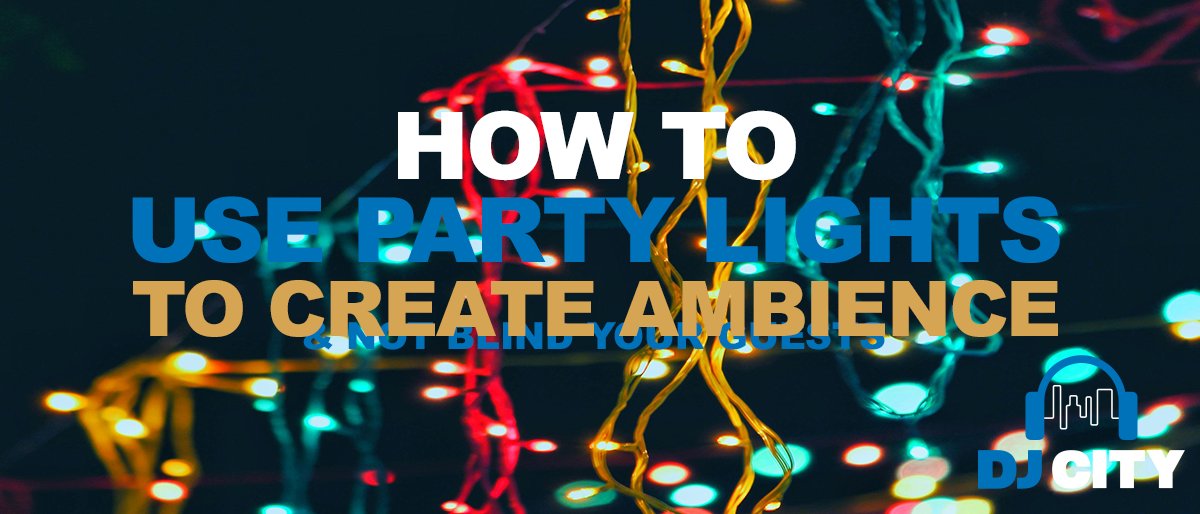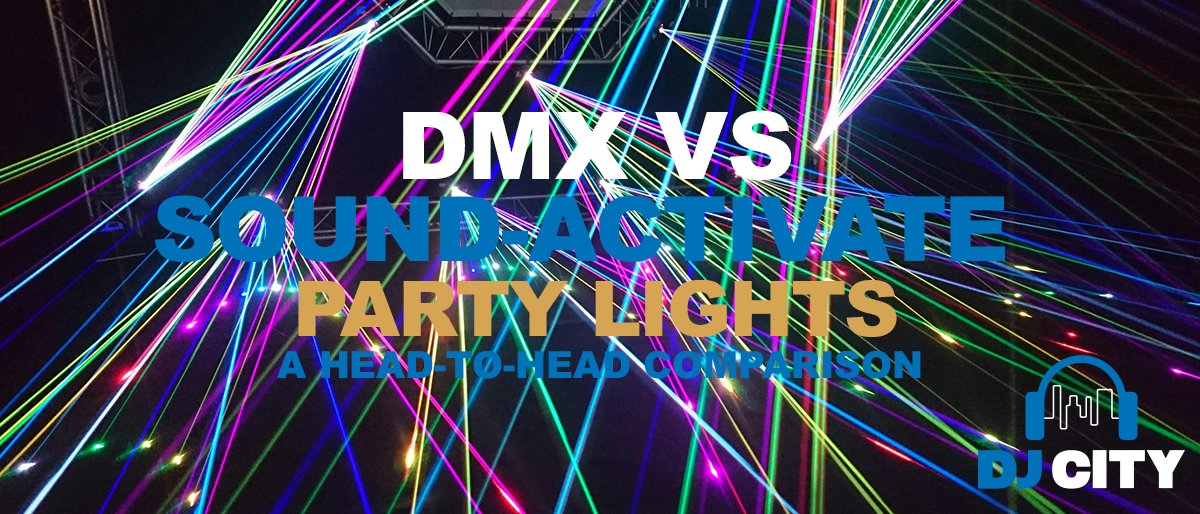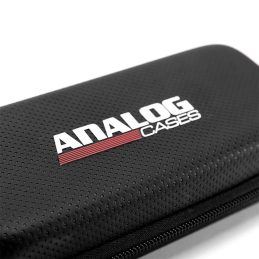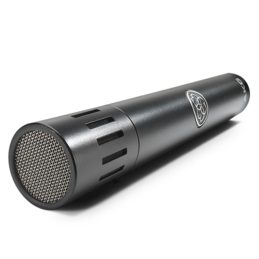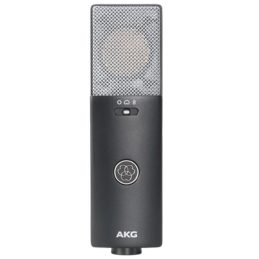
How To Start A Record Label
In today’s day and age, starting an independent label can be as easy as saying you have one. Between the internet and streaming, it’s never been easier to start a record label. Growing a successful one is another thing, and requires lots of hard work and commitment. However, being small has its advantages, and if you’re looking to give yourself the best chance of success, following a proper process is vital.
This is why we’ve put together a complete guide to starting a record label. Get familiar with the major tasks involved and have your label up and running in no time.
- Know why you’re starting it
- Choose your name
- Develop your brand
- Find your artists
- Don’t forget contracts
- Mixing and Mastering
- Promotion & Distribution
- Get your artists gigs
- What to do with royalties
- It’s a learning process
- It’s supposed to be fun
Know why you’re starting it
It might seem like a question with an obvious answer, but ask yourself why you’re starting a record label? What is your core mission?
If your answer revolves around your passion for music and creating a platform where you can help select artists excel in the music industry, then fantastic. But if your main reason for starting is to ride the wave to fame on the back of your artists, and/or create a quick buck, then close this tab now.
Starting, and growing, your record label into one that is successful is no easy feat. It requires dedication, commitment and above all, money. However, thanks to the rise of the internet and digital streaming, the costs of running a record label have gone down considerably.
So now you’ve established the reason behind your label, you’ve got to come up with the name.

Choosing your name
The next step is deciding on a name for your record label. Remember, this is a marketing tool in itself, and is going to be the identity and foundation of your brand. Make sure your name reflects your music and gives off the right kind of vibes that will attract your target audience. Spend time brainstorming, and bounce ideas off your friends and other artists until you come up with something you’re truly happy with.
Before you settle, don’t forget to make sure it’s available, and save yourself a tonne of headaches. First, search your potential name in google, and try to avoid choosing a name with a domain name already in use. You’ll want to create a website, and you’ll want your audience to find your website when they punch it into google, not someone else’s company.
Once you’ve decided on a name, it’s important to register your business name, domain name and an account on all the major social networks. If you’re new to website domain names, a good place to start is either GoDaddy or CrazyDomains.
I guess now you can say you’ve started a record label? But just as important as the name is your logo and branding.

Develop your brand
With your new name, it’s time to design some artwork. Logos and marketing materials should be first on your list, so if you’re competent, whip open that sketch book, jump into your Adobe suite and get creating.
A visually stand out label is the starting point for success, and you need to look professional if you want to be taken seriously. If that means you have to outsource a Graphic Designer then do so. And if you’re on a budget, there’s also Fiverr and TAD (Thumbnail Art Design) – an app designed specifically for creating cover art for your music.
Now you’ve established your brand and got yourself some artwork, it’s time to whack it on your social media handles, and get your website up and going. If your budget allows, we’d recommend you hire a Web Designer to develop a website that’s going to rank well in Google and help generate sales for your music releases. Alternatively, do it yourself by using WordPress or Wix, and building your site off a ready-made template. Bear in mind that Wix is notoriously lacking in search engine optimization straight out of the box.

Find your artists and music
For many people, the idea to start a record label comes from hearing some great music that no-one else was putting out or having a strong network of artists all looking for an avenue to get their music out there. If that’s the case, you may already have a number of musicians you’re ready to sign to your label with a few releases lined up, great!
If not, now is the time. Finding music to release on your new label can be harder than it sounds, but there’s no reason it shouldn’t be fun. A good place to start is by checking out local gigs and searching through social media and streaming platforms. Look for unsigned and upcoming artists that you truly believe in, and don’t bother chasing the rest. You should aim to have at least a couple of releases lined up before you move on to distribution and promotion.
You may feel the pressure to get some records on board and release something straight away, but we urge you not to. Wait until you’ve found something that you can’t wait for people to hear before you make the big jump.

Don’t forget contracts
Now you’ve got your artists and you know what music you’re going to release, you’re going to have to set up some deals. Making sure you have contracts in place with your artists that are both fair and legally binding. But don’t stress, this doesn’t mean you have to bring in high-powered lawyers. As long as both parties agree to, and sign a document that clearly lays out the terms of your contract, you’re good to go.
Some questions you’ll want to address with your artists may include but are not limited to:
- Will the artist be required to provide mastered copies? Or is that something you will take care of?
- Will you be paying your artist in advances?
- How will earnings and royalties from the release be divided up between the label and artist?
- How many albums/releases does the deal cover?
- Will the artist be entitled to audit your books?
- Who has ownership of the songs?
Mixing and Mastering
There’s no debating, the music you release on your label has to sound professional. So mixing and mastering are two things that are not to be neglected and could be the difference between your artist’s new release either being a flop or a complete hit.
Mixing comes first in the process, so I encourage you to listen to your songs on a variety of different headphones and speakers and make sure it’s sounding good across all applications before you move on to mastering. A good tip is to listen to your mixes in the car. It often gives you a new perspective and allows you to pick up on the finer details you otherwise may not have noticed.
When it comes to mastering, you simply can’t skimp out. With a rise in the appearance of “self-mastering” services, it’s tempting to go with the one-click solution. Or better yet, your mate with his set of cracked mastering plugins constantly crashing his computer.
However, in order to achieve the mastering results you desire, and get your releases sounding perfect; it’s important to invest in a good mastering engineer.
Promotion & Distribution
Your label needs to be a strong marketing tool for your artists, and there are a number of ways you can go about getting your music in front of the eyes of your audience. See our previous article for 5 ways to get your music heard
Social Media
Paid advertising can get quite expensive, but it’s not the only option. There are plenty more artists than you would guess that do all of their marketing through social media. Having a consistent presence on all social media platforms is priceless, and helps you reach as many people as possible. So make sure you’re setup and remain consistent on Facebook and Instagram. I would aim to be posting at least daily, but no more than 1 or 2 times on each platform, to avoid looking spammy.
Maximise reach over sales
To start with, you may want to look at maximizing reach, rather than prioritizing sales. Dropping your first releases as a free download is a great way to break into the market, get your audience associated with your brand, and start building an email list you can use to leverage for future releases. Perhaps offering an additional limited edition run of pressed Vinyl or CD’s would be a good way to upsell to the true and established fans. A technique that is most commonly used through Bandcamp and is proven to work.
Streaming Platforms
With over 165 billion songs streamed in the US last year alone. It is important to utilize platforms such as Soundcloud, Bandcamp, and Discogs in order to give your label the visibility it needs to thrive in the industry. The more people that have access to your labels music, the more chance you have at picking up fans along the way.
Distribution
Traditionally when you start a record label, getting into the marketplace required big contracts with distributors and a lot of work. These days, as an indie label, you have the power to do it yourself with companies like CDBaby, Distrokid, Tunecore, and Bandcamp. Providing you with an easy way to access the market, and get placed on platforms like Spotify, and Apple Music. And although you may need to accrue a few hundred thousand plays on spotify to make any siginificant monetary gain, it is the primary source of attention for casual music listeners around the world. So you cant leave it out!
Get your artists gigs
After a huge drop in record sales over the last couple of decades, we are starting to see that number steadily increase again. In contrast, the amount we spend on watching artists perform live in concert is growing exponentially. Which is why it is important you make an effort to land your artists live gigs and tours. Or hire a booking agent to help you do so. It’s the most effective form of publicity and will definitely help you sell more units.
By having a stand, selling CD’s, Vinyl and Merch. You’re yet again providing another way to bring in revenue. Because chances are if they loved your show, they’d love to buy some merch.

What to do with royalties
As a new label, after receiving your royalties and paying your artists; it’s fair to say there won’t be a huge amount of money to blow left in your pockets. However, it’s important at least in the beginning, to take that money and put it back into your business. Continue to invest this money in avenues like promotion, better artwork, distribution services and crucially, mastering; and your business will continue to grow.
Another thing to note is to keep samples in mind. If your artists are using samples in their records, make sure you’re getting them cleared before the release, or think twice before releasing them at all. It might not be an issue when your label is small and unknown, but assuming you’re growing a soon to be successful company. You don’t want you and your artists getting sued for the big bucks like countless other famous musicians before you.
It’s a learning process
At the end of the day, owning and running a record label is a constant learning process. You have to realize that you will make mistakes, the most important thing is that you learn from them. Look at each new release and there will be a lot of things you did right, and also some room for improvement. Continue to focus on these areas and your label will continue to succeed.
It’s supposed to be fun
Remember what made you start a record label in the first place. It’s easy to get overwhelmed by the amount of things you have to do and the amount of things you have to learn. Turning your newly found label into a success is going to require a lot of time, effort, money and love. So focus on releasing quality music, be good to your artists and have fun doing it! Get the basics right and things are sure to fall into place!






